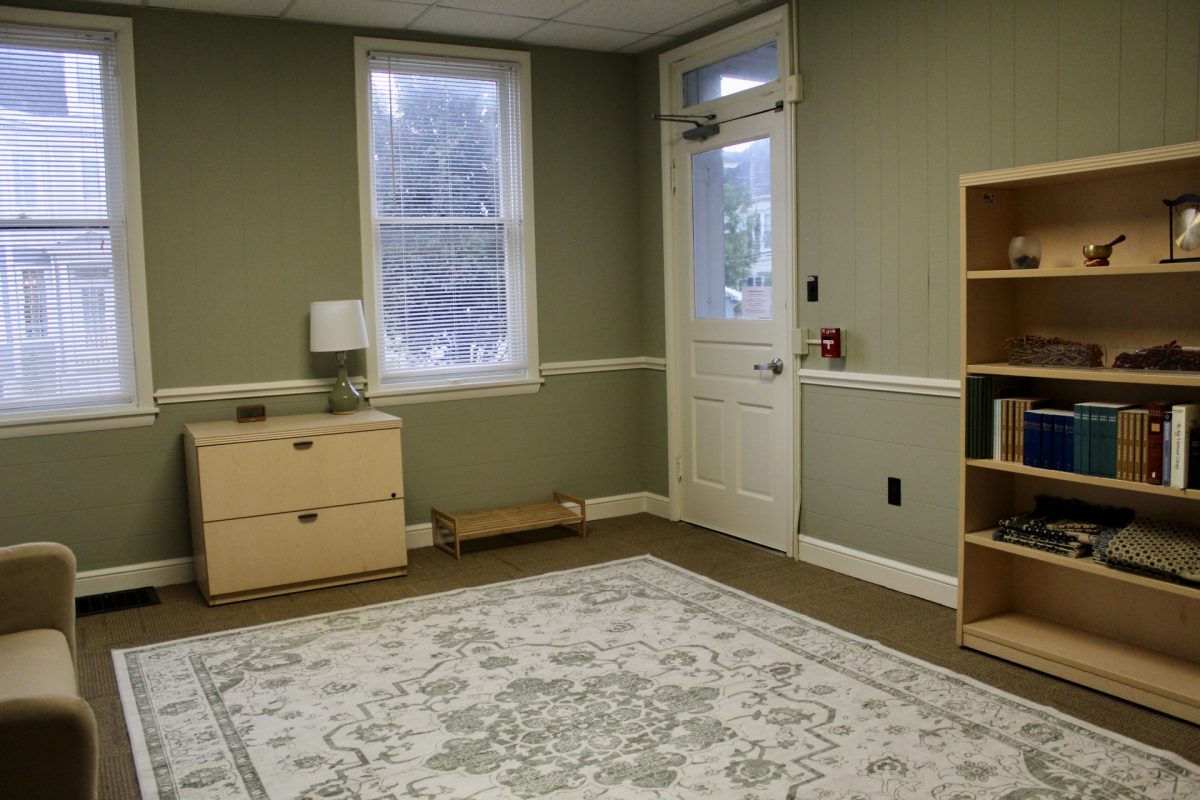On September 30, the Russian Department hosted Dr. Melissa Miller from Colby College for a guest lecture titled “Narrative Medicine and the Subversive Art of the Russian Graphic Novel.” Narrative Medicine is a field that applies literary analysis and related skills to medicine, helping healthcare providers to see their patients as a story rather than a set of symptoms. It’s a multi-disciplinary practice taught at leading medical schools like Columbia and the University of North Carolina at Chapel Hill, to which Miller applies her study of Russian literature.
In her work, Miller focuses on the work of Yulia Nikitina, a Russian graphic novelist whose work has not been translated into English. Although themes of disability are not common in Russian media, Nikitina is a disability activist and uses her work to discuss her own experiences with chronic illness. Graphic novels are also not a widely respected form of media in Russian culture. With this choice of medium and message, Nikitina’s work is doubly subversive.
In the lecture, Miller shared how Nikitina uses the medium to create visual metaphors conveying her experience with pain. Nikitina descibes her pain ast becoming a black dog outside of her body. Her body is split into pieces by the panels of her graphic novels as she struggles, and eventually becomes whole when she finds peace. Nikitina depicts herself in armor and torn open, all in black and white with splashes of red. Her illustrations allow theaudience to begin to understand her experiences.
Making sense of these illustrations was the main event of the lecture. Miller passed out pages from one of Nikitina’s graphic novels without dialogue, put the audience into groups–professors and students alike–and told them to figure out a set of illustrations. Each group worked together to make sense of their images and then shared their meaning in sequence. Together, participants told Nikitina’s story of struggling against her body and her illness, then learning to accept it and finally finding peace and strength in that acceptance.
The experience was an ideal eye-opener. The topic was niche, artsy, global, and all about empathy and understanding.



